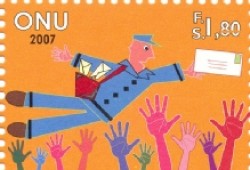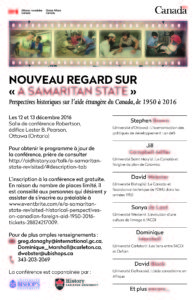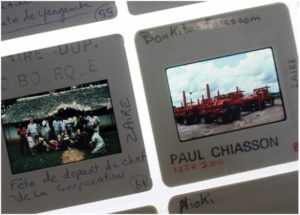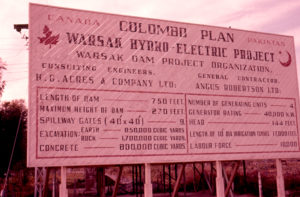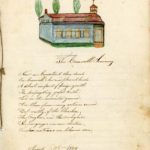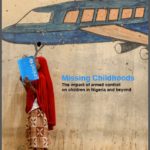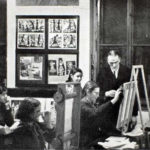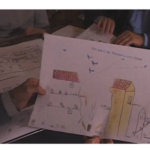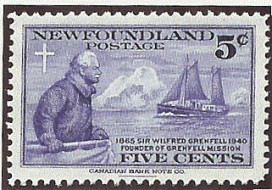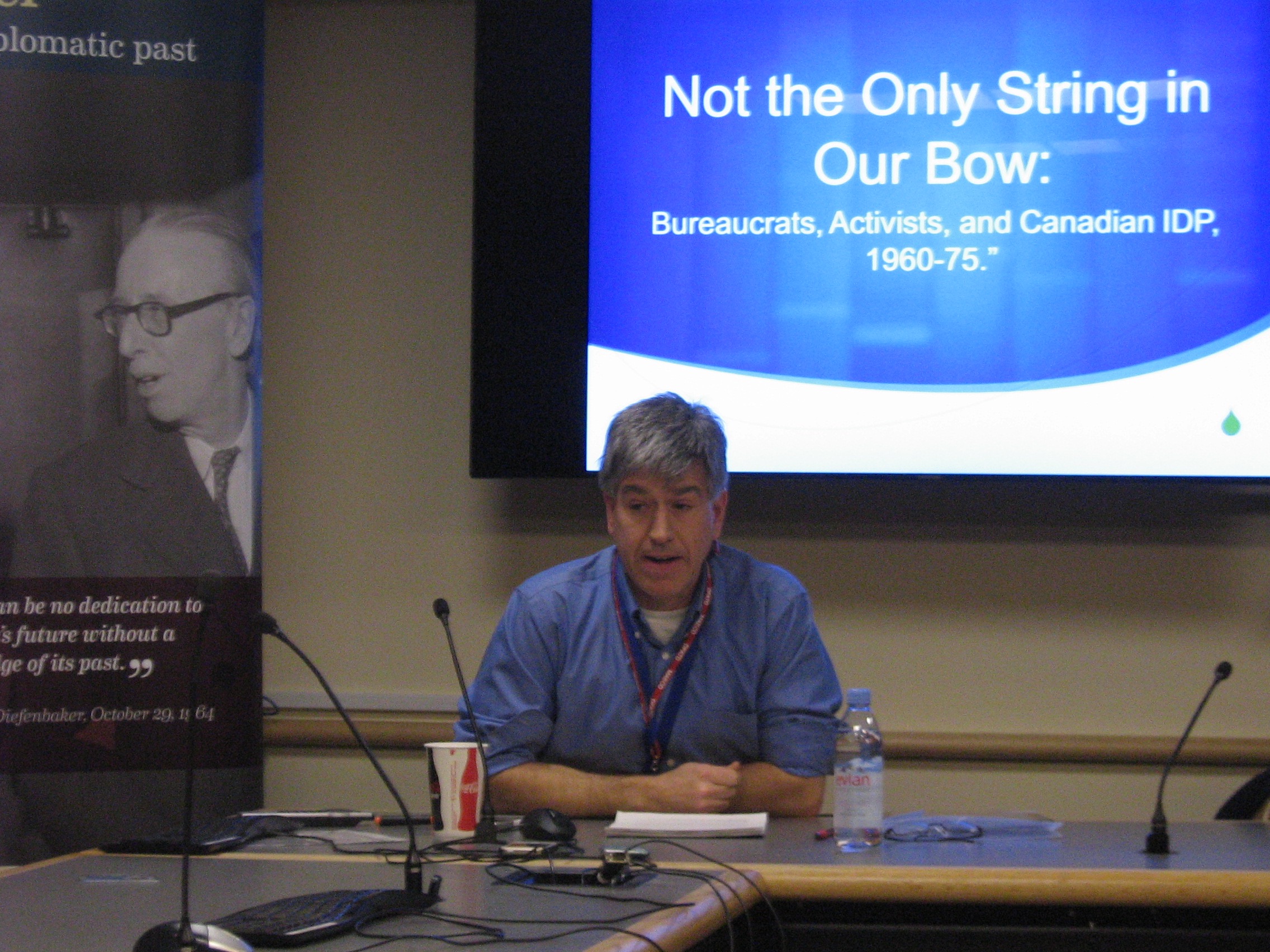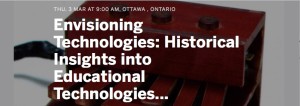
Galarneau Braillewriter, 1962 Manufactured in Hull, Quebec
Dear Colleagues,
Please join us on Thursday March 3, 2016 for a symposium and workshop dedicated to virtually representing the evolution of technical aids for persons who are blind or partially sighted in Canada. Bringing together scholars, educators and members of the community, our aim is to highlight critical disability studies, the history of technology and disability, education and accessibility and inclusive design. Our symposium will emphasize both the brilliant inventors and makers of technology and also focus on the users of these technologies, showcasing how people and technology move forward together in design, development, education and accessibility.
If you would like to join us from afar, please say so and we can make arrangements for a videoconference. Or, if you are only able to join us for one part of the day, please inform us in your registration message.
We look forward to seeing you!
Itinerary
9:00-9:30am Registration / Coffee and Breakfast Platters
9:30-10:00am Opening Remarks by Dr. Roy Hanes, School of Social Work, Carleton University
10:00-11:15am Keynote Speaker, Dr. Vanessa Warne
A Tangible History: Glass Cases, Virtual Spaces and Raised-Print Books
This presentation explores the history of blind people’s literacy by engaging the experiences of the first generation of blind readers, people whose newly acquired ability to read attracted widespread interest in the first decades of the nineteenth century. I hope to show that the history of public displays of blind people reading can offer guidance for people involved in the design of exhibits about blindness, both those that feature glass cases and those that employ virtual spaces. I’ll conclude by sharing my experience of curating Books Without Ink: Reading, Writing and Blindness 1830-1930, an accessible exhibit of artifacts currently open in Winnipeg.
Dr. Vanessa Warne is an Associate Professor of English at the University of Manitoba, where she holds a cross appointment in the Interdisciplinary Disability Studies MA Program. She is the co-curator with Sabrina Mark of the exhibit Books Without Ink: Reading, Writing and Blindness 1830-1930; she convened, with Dr. Hannah Thompson, ‘Blind Creations,’ an international conference and art event which brought together academics, artists and accessibility experts to examine relationships between visual disability, accessibility and public culture. She is the author of articles, book chapters and entries on the cultural construction of blindness and will guest edit, with Hannah Thompson, a forthcoming issue of Disability Studies Quarterly on visual disability and the arts. Her current project, supported by SSHRC, is a monograph exploring the nineteenth-century history of blindness, literature and literacy.
11:15-11:30am Coffee break
11:30-12:30pm Preview of the Online Exhibit, Dr. Beth A. Robertson
Research assistant with the Disabilities Research Group at Carleton University and sessional lecturer with the Institute of Interdisciplinary Studies at Carleton University, Dr. Robertson will present an online exhibit, revolving around a series of artifacts and technologies that will be used to present the history of persons who are blind or partially sighted in Canada, exploring the ways they have negotiated, contested and reshaped public discussions around education and accessibility.
12:30-1:30pm Light lunch
1:30-3:30pm Work-shop / Feedback on the Online Exhibit
Ideally we hope to break-out into small groups to discuss what has been presented throughout the day. Our team of researchers with the Disabilities Research Group seeks and encourages feedback from all participants in order to facilitate the most accessible online exhibit which facilitates education and emphasizes what is vital to the community.
3:30-3:45pm Closing Remarks by Dr. Dominique Marshall, Department of History, Carleton University
REGISTER HERE
In Partnership with / Sponsored by:
School of Social Work, Carleton University
Department of History, Carleton University
Department of Systems and Computer Engineering, Carleton University
MacOdrum Library, Carleton University
CNIB Ottawa
Canadian Urban Libraries Council
Centre for Equitable Library Access
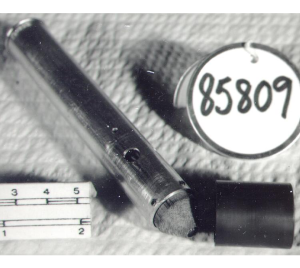
Swail Senson, 1966 Manufactured in Ottawa, Ontario

